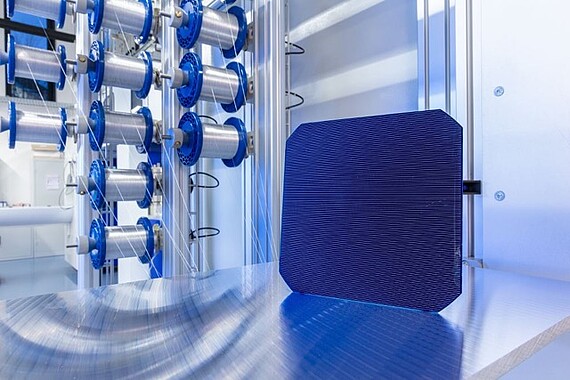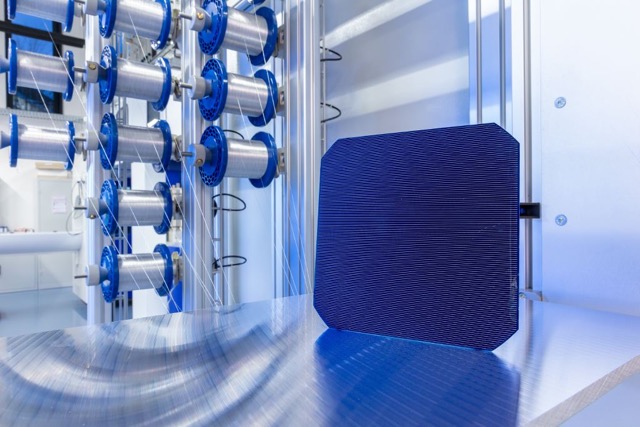Research topics of the department Solar Energy
Solar energy can make large contributions to the generation of electricity and heat and will have an important role in the future energy system. While the burning of fossil fuels pollutes the atmosphere with climate-damaging CO2, this is not the case with solar energy. In many areas of the world, solar energy is already the cheapest way to supply energy. Nevertheless, the efficiencies of solar cells and photovoltaic modules are still very far from the physical limits in some cases, and the material consumption today is still greater than necessary.
Our group is researching photovoltaics on three different levels:
At the level with the highest altitude, we evaluate the integration of photovoltaics into the regional, national or supranational energy system by applying high-spatial and high-temporal resolution energy system analysis. Here, the interactions with other components of the energy system such as electrolysis or possibilities for short- and long-term storage play a role above all. The cost-effective production and efficient use of hydrogen is one of the central research topics here.
The second level deals with the expansion of photovoltaics in buildings and neighbourhoods. To this end, we analyse the potential for modules on roofs and facades in cities and develop digital building models to evaluate interactions with decentralised components such as the heat pump. We can use this, for example, to support municipalities in integrating renewable energies into their existing energy generation structures.
On the third level, we perform simulation calculations for the generation, transport and recombination of electron-hole pairs. With the resulting understanding of the dominant loss mechanisms, new manufacturing processes for solar cells and modules can be developed with higher efficiencies and reduced material requirements. For example, we also deal with the influence of the actual weather to which installed solar modules are exposed in order to realistically simulate their behaviour and to better assess results from laboratory tests under standard test conditions with regard to achievable performance under realistic operating conditions.
To carry out the simulation calculations, we have several powerful compute servers and various software packages such as Python, Matlab, SPICE, Sentaurus and Comsol at our disposal. For optical simulations, we use, among others, the ray-tracing framework CityPV, which was developed in our research group and enables simultaneous optical simulations of components with different size scales.
The group's activities cover the following research areas:
- Determination of framework conditions for the integration of photovoltaics in decarbonised energy systems by means of energy system analysis.
- Research on the production and integration of hydrogen in local and regional applications
- Analysis of interactions of PV with centralised and decentralised components of the energy system such as heat pumps and electrolysers
- Carrying out potential analyses for PV on roofs and facades using 3D building geometries and ray tracing
- Analysis of the influence of changing weather conditions (e.g. cloud cover, flat irradiation) on the output power of solar modules
- Determination of the material data required for our simulation calculations and experimental validation of simulation results
- Coupling of optical, thermal and electrical semiconductor simulations with the aim of optimising solar module performance under actual operating conditions
- Analysis of light-directing elements in solar modules by means of three-dimensional ray-tracing simulations on entire solar modules
- Detailed analysis of synergetic loss mechanisms in solar cells for targeted optimisation of efficiency
![[Translate to English:] Tageslichtquelle des Raytracing-Frameworks Daidalos](https://www.fkp.uni-hannover.de/fileadmin/_processed_/0/2/csm_meanyearsource_61831c7b86.png)
![[Translate to English:] Tageslichtquelle des Raytracing-Frameworks Daidalos](https://www.fkp.uni-hannover.de/fileadmin/_processed_/0/2/csm_meanyearsource_eb38364995.png)
![[Translate to English:] Tageslichtquelle des Raytracing-Frameworks Daidalos](https://www.fkp.uni-hannover.de/fileadmin/fkp/AG_Brendel/meanyearsource.png)
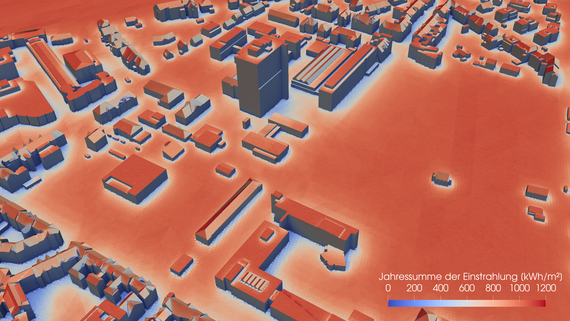
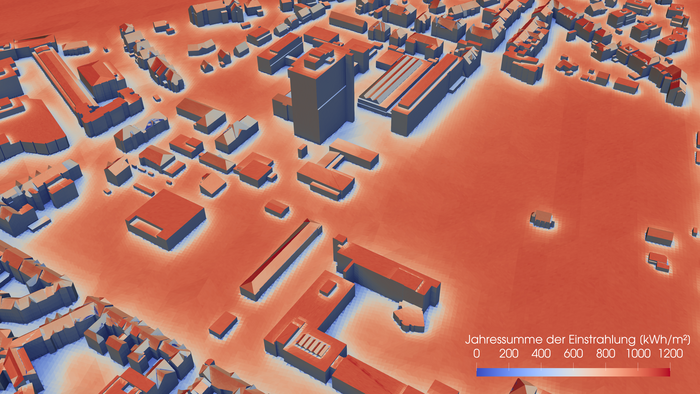
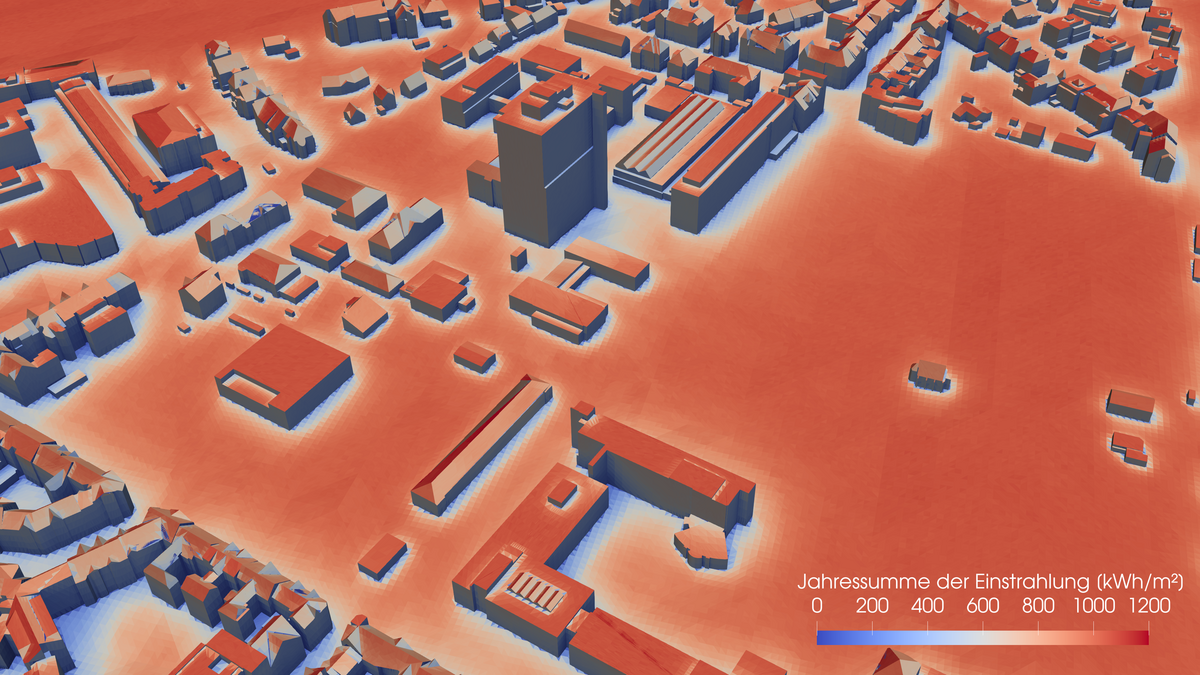
![[Translate to English:] Bestimmung elektrischer Kenndaten von Solarzellen zur Validierung von Simulationsrechnungen](https://www.fkp.uni-hannover.de/fileadmin/_processed_/1/f/csm_DGF-06593-ISFH_21e3a0d054.jpg)
![[Translate to English:] Bestimmung elektrischer Kenndaten von Solarzellen zur Validierung von Simulationsrechnungen](https://www.fkp.uni-hannover.de/fileadmin/_processed_/1/f/csm_DGF-06593-ISFH_2156091ab4.jpg)
![[Translate to English:] Bestimmung elektrischer Kenndaten von Solarzellen zur Validierung von Simulationsrechnungen](https://www.fkp.uni-hannover.de/fileadmin/_processed_/1/f/csm_DGF-06593-ISFH_3b2cbddcab.jpg)
